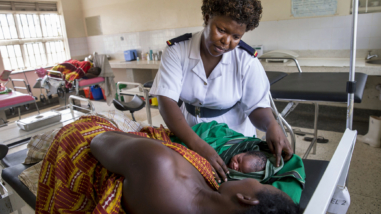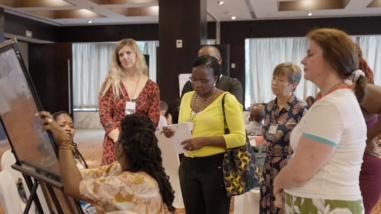Innovations for Poverty Action
For Evaluating A Remedial Primary School Re-entry Program In Mali
-
Amount$449,000
-
Program
-
Date Awarded3/21/2012
-
Term36 Months
-
Type of SupportProject
Strategies
About the Grantee
Grantee Website
www.poverty-action.org


